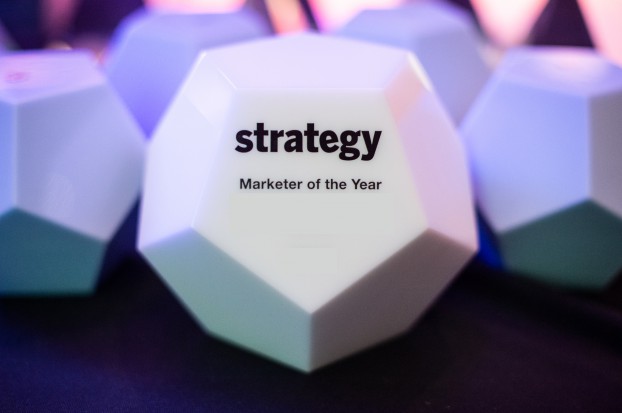I recently had lunch with a big wheel at an ad agency. She told me that she spends better than half her day recruiting staff. This could mean one of two things – her agency is growing at a colossal pace or, more likely, her agency can’t keep its staff. Most of us have in our heads a list of shops in which we’d never want to work. Why? Because some places just have no heart.
You hear the perennial lament whenever more than three agency types are together in the same room. ‘I can’t find good people!’ Chances are those people are already right under their noses. Chances are just as likely that those good people are searching for new jobs.
Mentoring is a way to encourage your staff to stay with you. We invest so much money and time in training staff in hard skills – strategy, creative, and production. And then we virtually ignore those soft skills that can’t be taught using a power point presentation – problem solving, communication skills, and personal development. These are the areas in which junior staffers crave improvement. Give them support in these areas and they’ll repay you with loyalty.
Mentoring is the act of providing guidance, wisdom, knowledge and support in a personal one-on-one setting by a mentor to a protégé. The benefits of such a relationship are enormous to all involved. To the agency – discovery of talent, increased productivity, retention of talented and motivated staff and real learning. To the mentor – a revitalized interest in their work, increased self-esteem through professional recognition and enhanced skills in coaching, counseling and listening. To the protégé – opportunity for growth in a friendly and supportive relationship and greater satisfaction in their work and working environment. You’ll make leaders and improve the skills of those already doing the leading.
To reap the benefits of mentoring relationships among your staff, design a mentoring program for your agency. It can be as formal or informal as suits your culture. Start with defining the objectives of such a program. These can include the development of future managers, acclimating new employees to your corporate culture, facilitating better communication between management tiers and providing support in a rapidly changing environment.
No matter what your objectives, there are three pillars required to support your program: commitment, confidentiality and communication.
The role of the mentor is to assist in the development of those soft skills mentioned earlier – skills needed for promotion, identifying the protégé’s success and failure patterns, dealing with politics (if such a heinous thing exists in your agency) and the roadmap for advancement.
Not just anyone will make a good mentor. You need people committed to the concept. They have to be likable, with a wide range of skills to pass on. Technical competence is also required, along with some history with your organization. Honesty, trustworthiness and a sense of integrity are also required.
Not everyone makes for a good protégé either. A protégé must be willing to assume responsibility for his/her own growth and development. To get the most out of the mentoring relationship, a protégé will be self-aware and receptive to feedback and coaching.
Making the connection between the mentor and the protégé is at the heart of your mentoring program. This is where you determine the level of formality under which your program will operate. Start by informing staff of the program and its details. This should probably be accomplished with a staff meeting. Make sure that the roles of all participants are understood. You can either match mentors with protégés or let them team up on their own. Mentors can volunteer themselves or you can select them from your staff. Protégé participation can either be voluntary or mandatory. The more flexibility and choice you offer, the more successful your program will be.
Assuming you design your program with as little management intervention as necessary, make a call for volunteer mentors at your next staff meeting. Provide a list of mentors to your staff. Allow protégés to approach the person they feel most comfortable with. Don’t worry about having staff on your list of mentors who you feel are inappropriate for the role. Natural selection will weed them out.
Together, the mentor and protégé will establish the structure of their relationship and define its limitations. The issues they will decide will include objectives, expectations and frequency of meetings. Of special concern will be the involvement of the protégé’s supervisor, assuming the mentor is not part of the protégé’s working group. The mentoring relationship should not supplant the supervisor/staffer relationship.
Once your program is up and running, it must be evaluated. The benchmarks for evaluation include motivation levels, staff turnover, improvement in skill sets and promotions.
Providing a safe environment to foster personal growth for all staff members is an easy way to help entrench loyalty among your staff and give your place some heart. Remember, the competition feeds off your company’s weaknesses. If your agency has no heart, not only does your staff know it, most likely potential new employees know it as well – and they’ll stay away. Give your valuable people something to think twice about before they get lured away. At the same time you’ll give talented new staff reason to join you.
Pamela Davis is an account director at AMW Direct. She has had the benefit of several continuing mentoring relationships with which she credits a great deal of her personal and professional success.




























